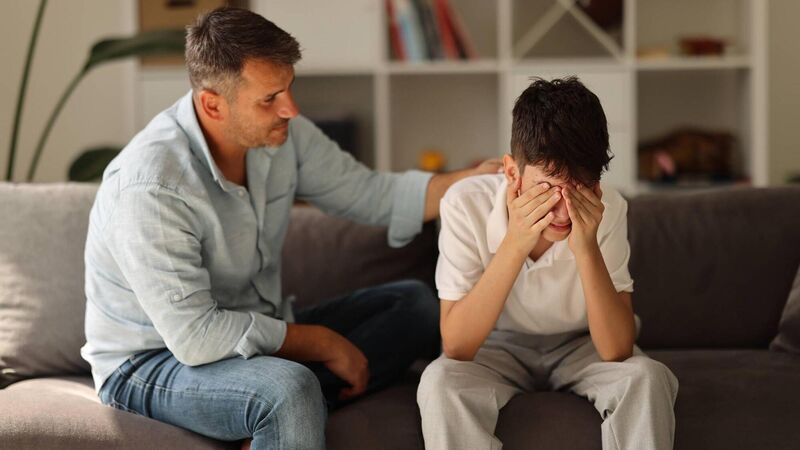Colman Noctor: Strategies for supporting teens anxious about returning to school

If your adolescent reacts strongly to any mention of the upcoming school year, try to understand why. Rather than dismiss their concerns with, ‘No one likes school, just get on with it,’ start with empathy. Be curious about what is worrying them.
EVERY August, my inbox fills with messages from parents seeking support for children who are anxious about returning to school. As summer ends and ‘back to school’ adverts appear, anticipation grows, and, for some young people, so does unease. Early mornings, academic stress, and social pressures all loom large. While some teens manage this nervousness, others face significant anxiety or even school avoidance.
If your child is anxious about returning to school, you’re not alone. According to the National Institute of Mental Health (2022), anxiety disorders are among the most common mental health issues in adolescents, and 32% of teens describe school transitions as a major trigger.











